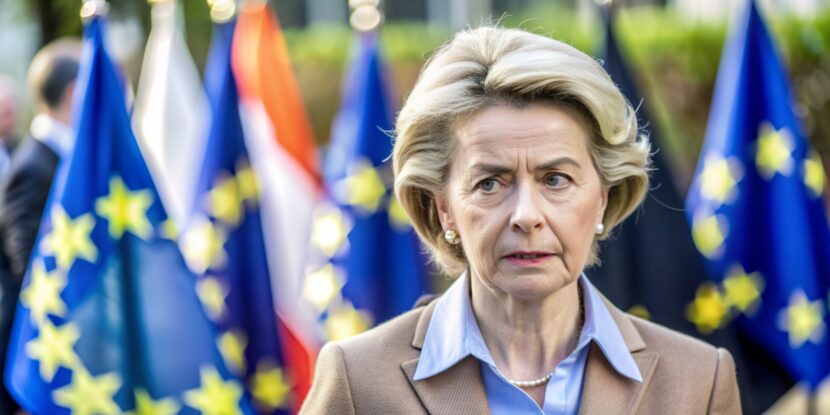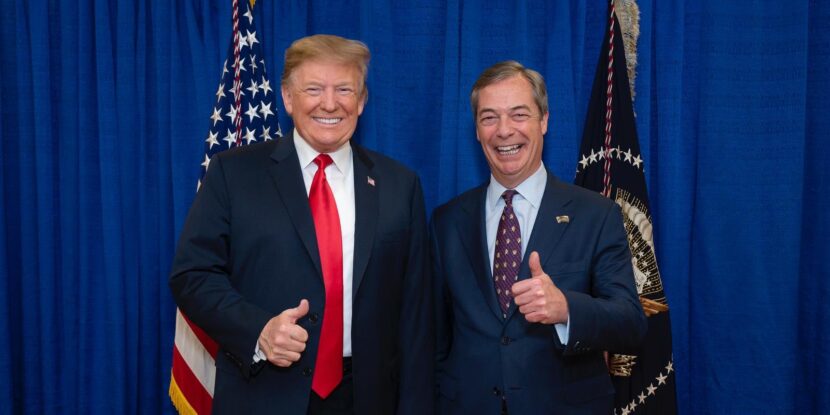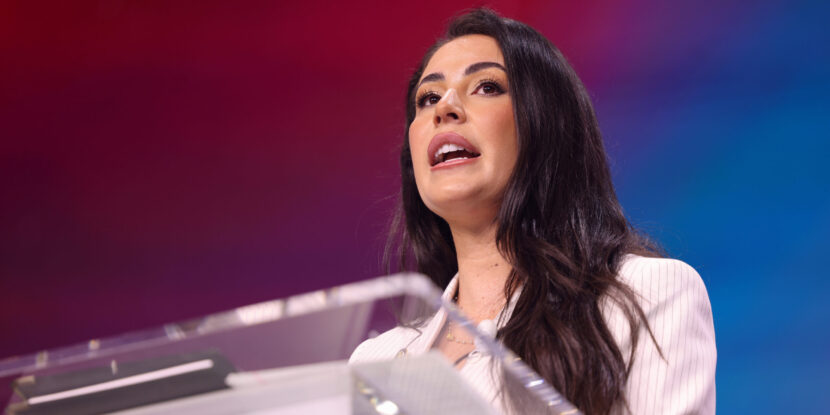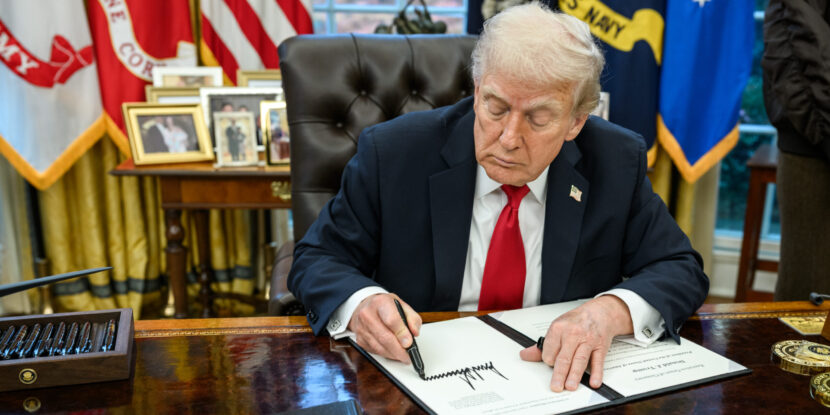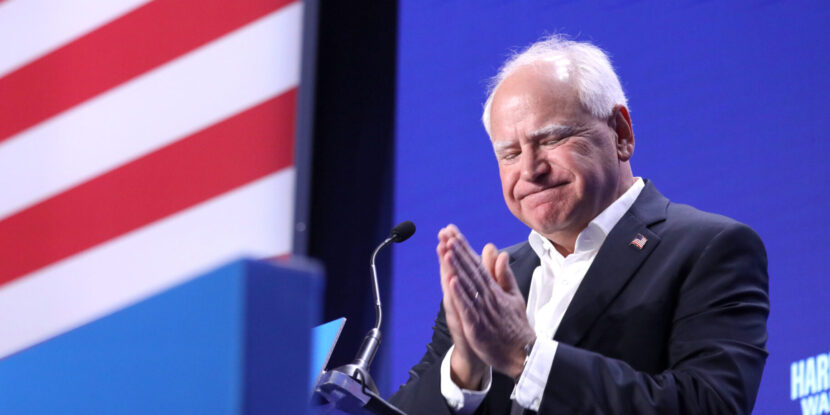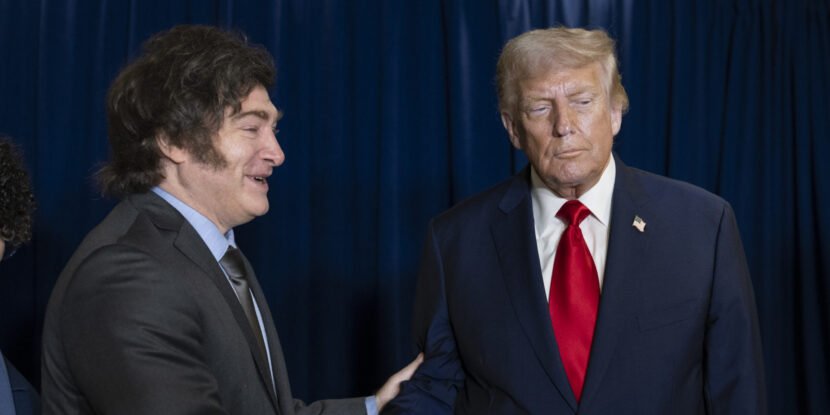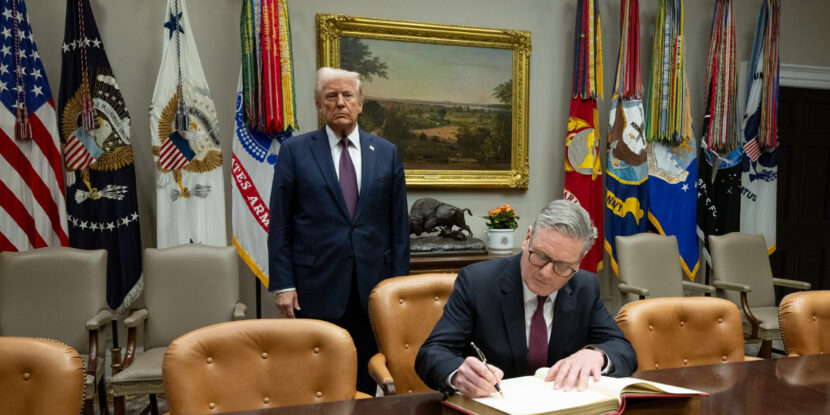Ursula von der Leyen, President of the European Commission, faces an uphill battle in her bid for re-election as European Union (EU) representatives vote on July 18 to decide whether she will serve a second term. To remain President of the Commission, which functions as both the EU’s executive branch and primary initiator of EU-level legislation, von der Leyen needs 361 votes out of the 720 Members of the European Parliament (MEPs).
The globalist European People’s Party (EPP) group, von der Leyen’s main ally in the European Parliament, holds just 188 seats following this year’s European elections, forcing her to seek support from other factions.
Right-wing European Parliament groups that might consider backing von der Leyen, such as the European Conservatives and Reformists (ECR) led by Italy’s Giorgia Meloni, have recently weakened. The ECR lost Spain’s VOX to the new Patriots group, led by Hungary’s Prime Minister Viktor Orban, who is less willing to compromise his principles than the Italian leader.
After becoming Italy’s Prime Minister, Meloni collaborated extensively with von der Leyen. She faced criticism for aligning too closely with the EU establishment despite its failure to tackle the the bloc’s illegal immigration crisis, which has been hitting Italy especially hard.
However, Meloni may now be less inclined to support the EU establishment, as the EPP and socialist and liberal euro-groups have shut her out of key EU positions following the European elections despite her compromises.
Even with the support of the ECR, which holds 78 seats in the European Parliament, von der Leyen would still fall short of the 361 votes she requires.
If von der Leyen fails to win re-election, leaders from the European Council, composed of the EU’s national governments, will need to select another candidate to present to the European Parliament.
